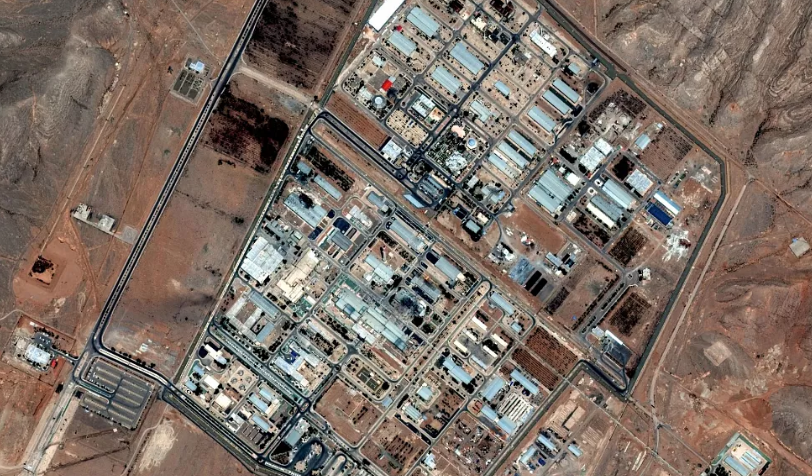Newly released satellite images confirm extensive damage to Iranian missile bases and nuclear-related facilities following a series of Israeli airstrikes that began on Friday, marking one of the most direct and intense confrontations between Israel and Iran in recent years.
The images, analysed by the Associated Press and captured by Planet Labs, show significant destruction at two missile sites in western Iran — one located near Kermanshah and another near Tabriz. These areas are believed to house critical elements of Iran’s ballistic missile infrastructure.
At the Kermanshah facility, the satellite photos reveal large scorch marks stretching across the base of a mountainside, suggesting the impact of heavy aerial bombardment. The site, known for storing and testing medium-range missiles, appears to have sustained damage to launch pads and nearby storage buildings.
Meanwhile, the Tabriz installation shows signs of multiple impact points, with visible damage to key sections of the complex. The extent of destruction indicates the use of precision-guided munitions, targeting what analysts suggest could be command-and-control facilities and missile stockpiles.
Iran has yet to issue a full statement detailing the consequences of the strikes, but local media have confirmed casualties among military personnel and the deaths of several senior officers in the Islamic Revolutionary Guard Corps (IRGC). International observers believe the attacks were aimed at crippling Iran’s missile capabilities and deterring further escalation.
The airstrikes come amid soaring tensions between the two regional rivals. In the days leading up to the assault, Iranian missiles had targeted Israeli territory, leading to civilian casualties and raising fears of a broader conflict. Israel has framed its latest military action as a pre-emptive strike to prevent Iran from advancing its nuclear ambitions and retaliating against previous provocations.
Although Iran has retaliated with a series of missile launches, Israeli officials maintain that they remain committed to a defensive strategy. “We are acting in self-defence and in the interest of regional stability,” an Israeli military spokesperson said on Saturday.
The international community has expressed growing concern over the potential for a full-scale war. Diplomats from the United Nations and European Union have called for restraint, urging both sides to de-escalate and return to diplomatic channels.
With key military sites now visibly damaged and both nations on high alert, observers warn that the conflict could spiral further if dialogue is not swiftly restored.


